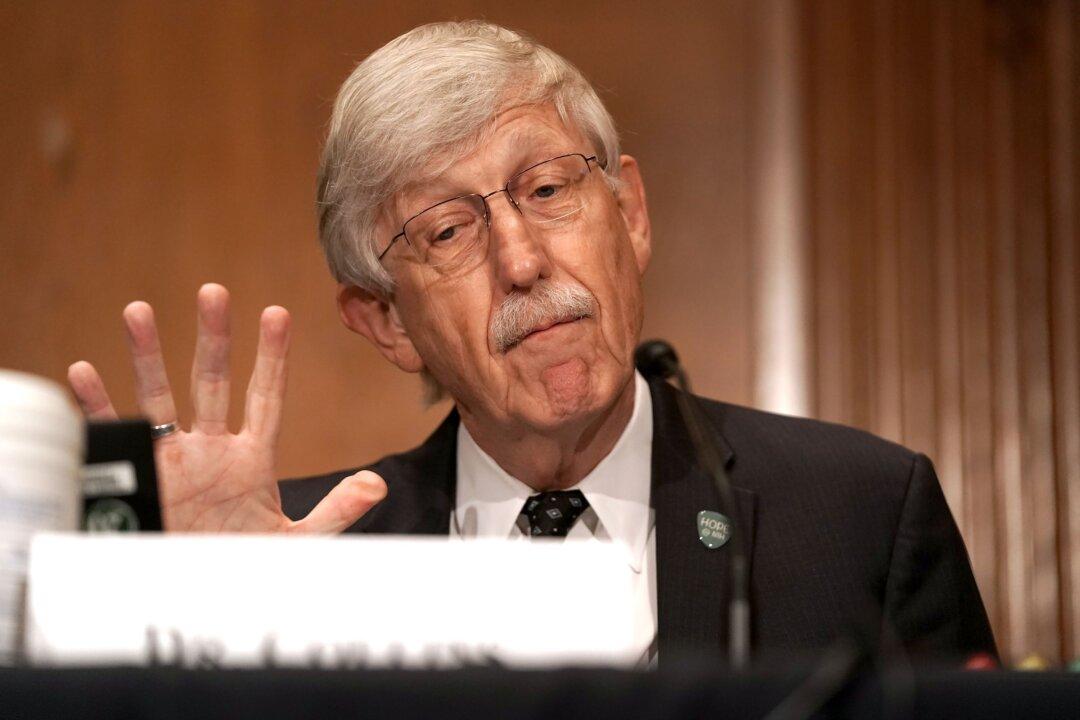Dr. Francis Collins, director of the National Institutes of Health (NIH), has said he’s unsure whether herd immunity will be reached in the United States in the coming months.
In an interview with The Hill, Collins said that achieving herd immunity will depend on whether people who are hesitant to receive the vaccine for COVID-19, the disease caused by the CCP (Chinese Communist Party) virus, can be convinced by “trustworthy voices.”





